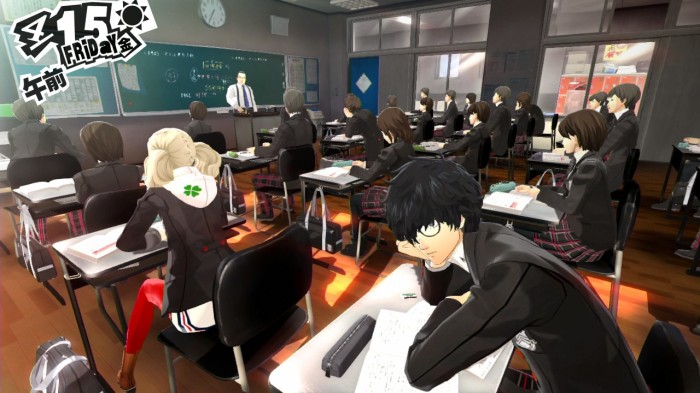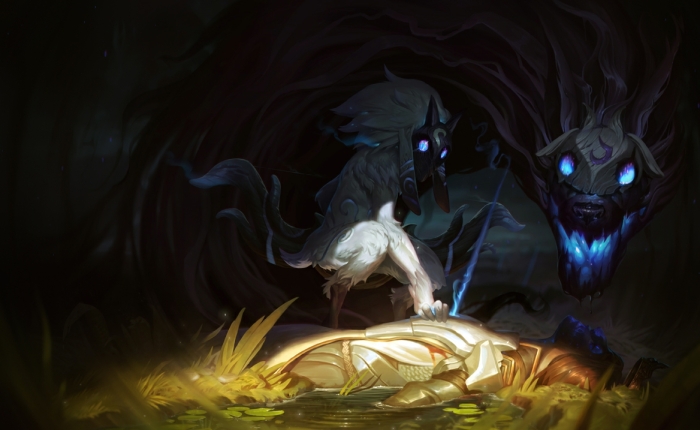Loss, Loss, Loss, Loss, Loss, Loss.
That’s six losses tonight playing games of League of Legends. Fortunately only one of them was in ranked solo. Losing in video games, especially when they’re competitive, can be frustrating. LoL can be brutal, especially when others are pointing at you as the reason for why the team is losing.
The one game which really tilted me in that six was the one I decided to play Kindred in. Kindred is one of my favourite characters in this game, but this character isn’t exactly robust – something I was reacquainted with when attempting to gank a half-health Syndra, only to simply pushed back and killed in the process.

That particular interaction really got to me. I don’t mind losing. Really. Having that attempted gank go so far south just because of a bunch of numbers I don’t really understand (try as I might) really highlighted the one true grievance I have with the game. I don’t really get numbers like LoL gives them to you. I don’t have time to estimate and interpret how or why my character is weak or strong relative to other players, or at the very least I’m not very good at it. This might be why I gravitate towards playing tank characters – there’s margin for error.
You learn to make estimations based on a character’s KDA – don’t try to duel the 10/2/6 Vayne if you’re not equally as fed for example. But when those estimations betray you because you didn’t understand the numbers enough, that’s what really annoys me about League.
When I play Pokémon Cards, I never feel betrayed by the numbers. It’s simple maths! When I look at my inventory in League of Legends, I’m met with numbers and percentages relating to Health, Attack Damage, Attack Speed, Armour, Magic Resist and Movement Speed – which then go on to interact with the other nine players on the map.
When I don’t have to worry about those numbers and am left to ‘feel’ it out, I’m ok. But I’m simply not that good with the squishier characters in the game as a result. My best game of the night was the one ranked solo game I played – 5/3/16 on Amumu and although we still lost, I felt useful and I felt like I knew what I was doing when I did it. I was satisfied.
Part of the issue seems to stem from not playing to improve all the time. It is possible to play thousands of games within the lowest divisions and not make any progress because you aren’t actively trying to learn the game or think about your mistakes. When I say playing to improve, I mean constantly thinking about what you’re doing and what to do next, thinking about mistakes, what you can do better to improve, etc.
Reflecting on the Kindred game, I realised that fighting was always going to be difficult early on due to the lack of resistances in my rune page set up and so I know for next time that I need to be very careful when ganking early.
I go through this grievance with the game at times, but always end up getting over it because it’s fun to play with a good group of friends like I do. At the very least, enjoying the esports scene removes the need to understand the hard numbers, freeing you to focus on the spectacle.







